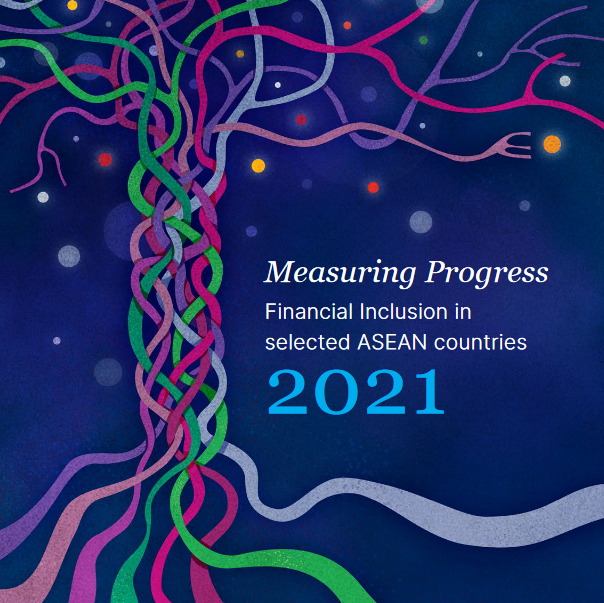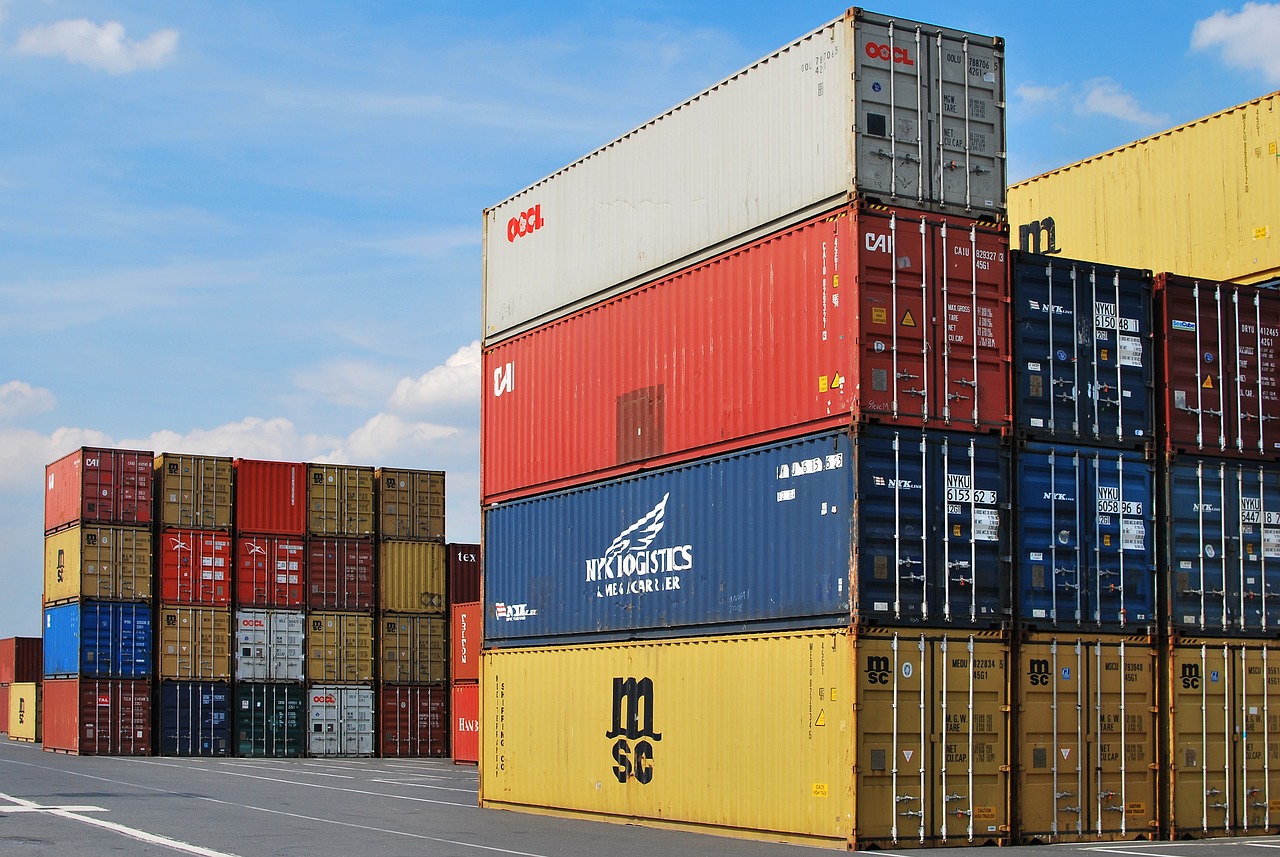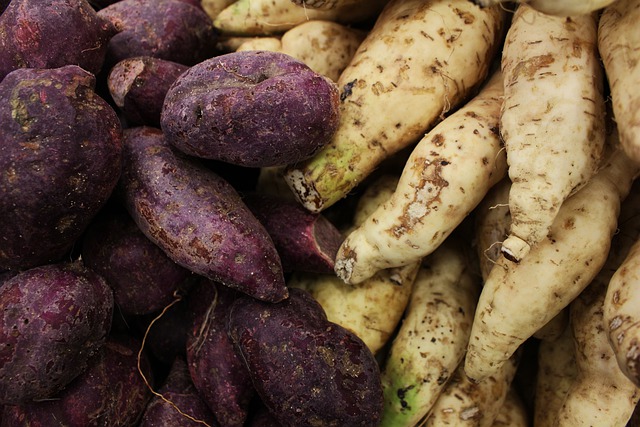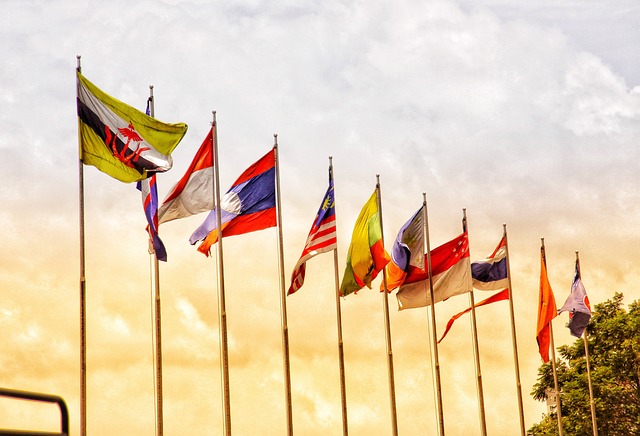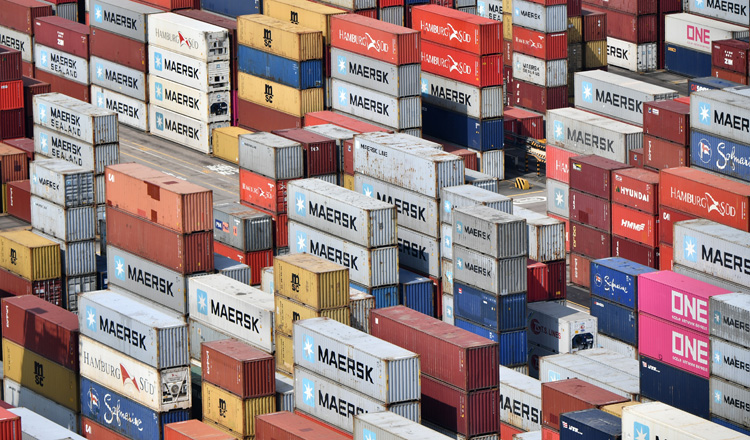The government should come up with not only short-term measures, but also medium and long-term plans to cope with the impact of the global oil price surge and the Russia-Ukraine war, according to industrialists in various sectors.
They propose the administration also focus on creating more jobs, redesigning national energy management, and making the business sector more self-reliant as ways to support the overall economy and help people survive the impact of economic uncertainties over the long haul.
BEYOND SHORT-TERM RELIEF
The cabinet recently approved a list of 10 measures to counterbalance the fuel price spike. The measures are expected to last from May until July.
Though it agrees with the measures, the Federation of Thai Industries (FTI) wants the government to start thinking about efforts that will enable businesses to be more self-reliant once the package of measures aimed at easing the cost of living expires.
The measures help households and businesses, especially those in the retail and transport sectors, but they are insufficient because the country needs medium and long-term plans to cope with the impact of the global oil price surge and the Russia-Ukraine war, said the federation.
These two problems have dealt a blow to the Thai economy, which is still staggering from the economic effects of the pandemic.
While an urgent economic cure is required for Thailand, it is more important that additional actions be taken to fully restore the economy, especially in terms of helping pandemic-ravaged tourism operators and small and medium-sized enterprises (SMEs), said Supant Mongkolsuthree, chairman of the FTI.
The business sector should eventually become more self-reliant, depending less on the state's fiscal-monetary injections, he said.
"Don't forget that if a huge amount of budget is spent to solve certain problems, authorities can hardly avoid causing a burden on the country's coffers," said Mr Supant.
This may result in a lack of opportunity in dealing with other problems, he said.
Mr Supant suggested the government help SMEs better cope with their debts so they can manage their money and keep operating their businesses over the long term.
The government should use the energy price crisis as an opportunity to redesign national energy management by using more renewable energy and reducing dependence on fossil fuels, he said.
In the tourism sector, authorities should seriously consider abandoning the mandatory Test & Go scheme, a Covid-19 screening measure that requires foreign travelers to undergo RT-PCR tests in Thailand, said Mr Supant.
This measure runs counter to the message of truly reopening Thailand to tourists, he said.
Foreign visitors who are fully vaccinated want unfettered travel that will not incur additional costs, said Mr Supant.
Source : Bangkok Post







